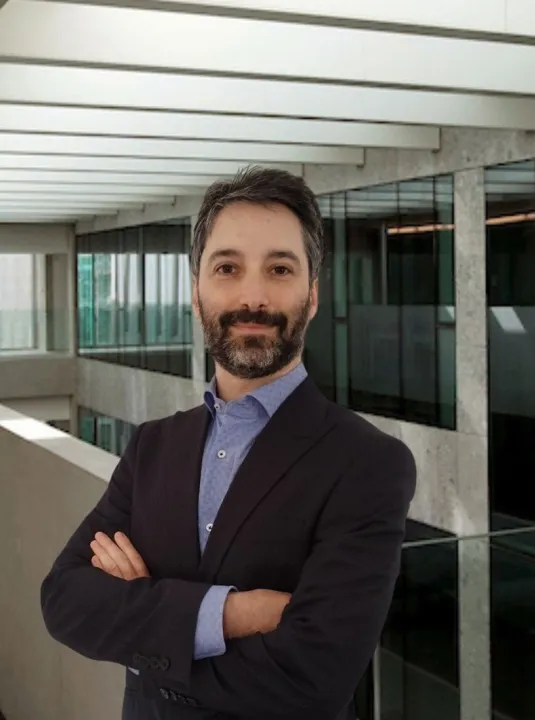
Subsidizing Large Scale Energy Storage May Affect Profitability
A grant of the European Union’s Marie Skłodowska-Curie Actions scheme for young researchers has been awarded to Iacopo Savelli, a postdoctoral researcher at Bocconi’s GREEN research center for his project called “GREENER”. The project will unfold over two years and will investigate structural aspects of the large-scale energy storage (LES) market in the broader framework of the transition to an environmentally sustainable economy.
Due to the intermittent nature of many renewable energy sources, LES are projected to cover 10% of electricity consumed worldwide, with an estimated investment of up to $3 trillion, in order to meet the net-zero target by the year 2050. However, when a critical LES volume is reached, energy prices will begin to be affected. This raises concerns about the potential for self-cannibalization (how the increasing LES deployment can reduce profitability in its own market) and cross-cannibalization, (how the increasing renewable penetration will affect storage revenues) because increased storage capacity may lead to diminishing profits and negatively impact electricity markets and prices, defeating the point of public incentives. Moreover, current financial incentives for LES may not align with environmental goals, potentially leading to increased emissions.
Dr Savelli’s project aims to assess the extent of cannibalization effects and propose new incentives to support LES investors while aligning their interests with emission reduction targets. Specifically, the study will evaluate various technologies and propose incentive schemes to steer profit-driven interests towards environmental goals.
The Marie Skłodowska-Curie Actions, part of Horizon Europe, fund high-level research and innovation and equip researchers at all stages of their career with new knowledge and skills, through mobility across borders and exposure to different sectors and disciplines.
The MSCA “promote excellence and set standards for high-quality researcher education and training in line with the European Charter for Researchers and the Code of Conduct for the recruitment of researchers.”
